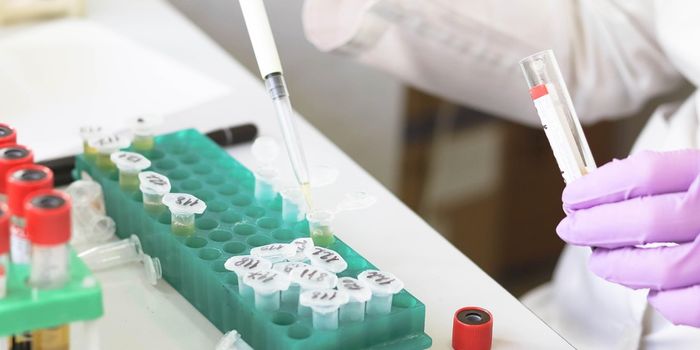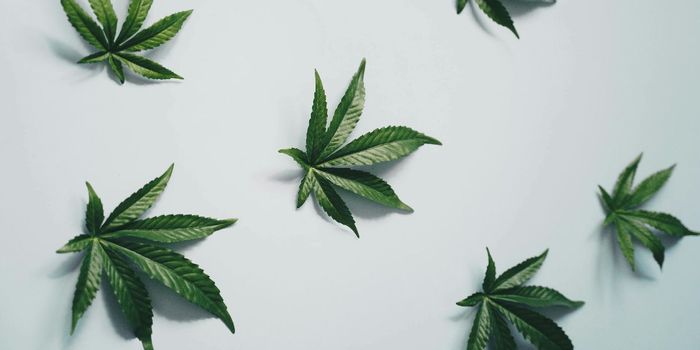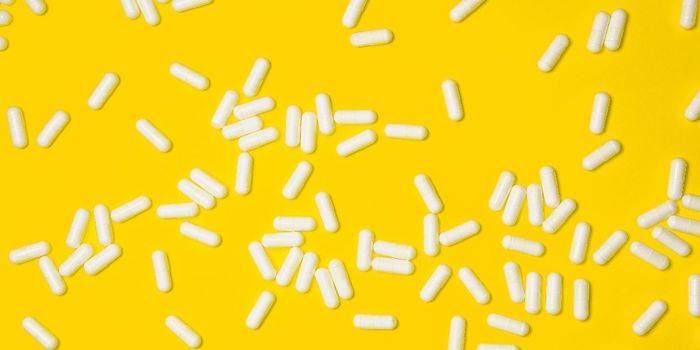Cheers to Confidence: Scientist put concepts of beer goggles and liquid courage to the test
While beer goggles and liquid courage are both considered aspects of drinking alcohol, research published in the Journal of Studies on Alcohol and Drugs presents proof for only one of them.
In their study, researchers Molly Bowdring PhD and Michael Sayette PhD focused on a familiar human paradox – the desire to connect with individuals we find attractive juxtaposed against the apprehension of potential rejection and heightened self-awareness. The researchers employed dynamic stimuli and real-world scenarios to discover the effect of alcohol consumption on perceived attractiveness and social behavior.
Compared to previous studies, their ingenious setup created a more ecologically relevant social scenario— simulating the kind of decisions one might face in a genuine social setting. Furthermore, it provided a unique opportunity to probe how beer goggles and liquid courage might shape social choices.
It's an undeniable truth that physical looks have a tangible impact on our world experience. Recent research, for example, compared the various experiences of children based on their level of attractiveness and athleticism. Unlike their aesthetically challenged classmates, attractive and athletic children suffered from fewer adjustment difficulties at school.
Another example of pretty privilege is the "halo effect:" our propensity to attribute positive character strengths to the attractive. This cognitive bias benefits symmetrical people and might also explain the actions of Bowdring and Sayette's study participants.
Perhaps beer goggles just lower our standards, because the study found that alcohol consumption did not significantly alter participants' perceptions of attractiveness. However, the consumption of alcohol did increase the likelihood that male participants would select attractive targets as future experiment partners. This intriguing result points toward a nuanced interplay between alcohol's anxiety-reducing effects and our selection of social connections.
Future studies may delve into the underlying mechanisms by which alcohol fosters this newfound social bravery. Alcohol is known to enhance the transmission of the neurotransmitter GABA, and studies have demonstrated that decreased GABA function in brain regions like the prefrontal cortex and basolateral amygdala can curtail sociability in non-human animals. Perhaps boosting GABA has the opposite effect? It could also be that alcohol's impact on dopamine release increases good feelings while it decreases social hang-ups.
The study includes an apt quote from an earlier review of Sayette:
"Alcohol enhances experiences by disabling cognitive processes engaged in the anticipation and elaboration of social threat—freeing us from our preoccupation with rejection and enabling us to access social rewards" (Fairbairn & Sayette, 2014).
Indeed, as we sip our drinks at social gatherings, the dynamics of attraction, inhibition, and liquid courage go on under the surface. Bowdring and Sayette's research highlights the complexities of human behavior and explains more about how alcohol molds our social interactions.
Sources: EurekAlert!, Journal of Personality and Social Psychology, Sex Roles, Behavioural Brain Research, Psychological Bulletin









